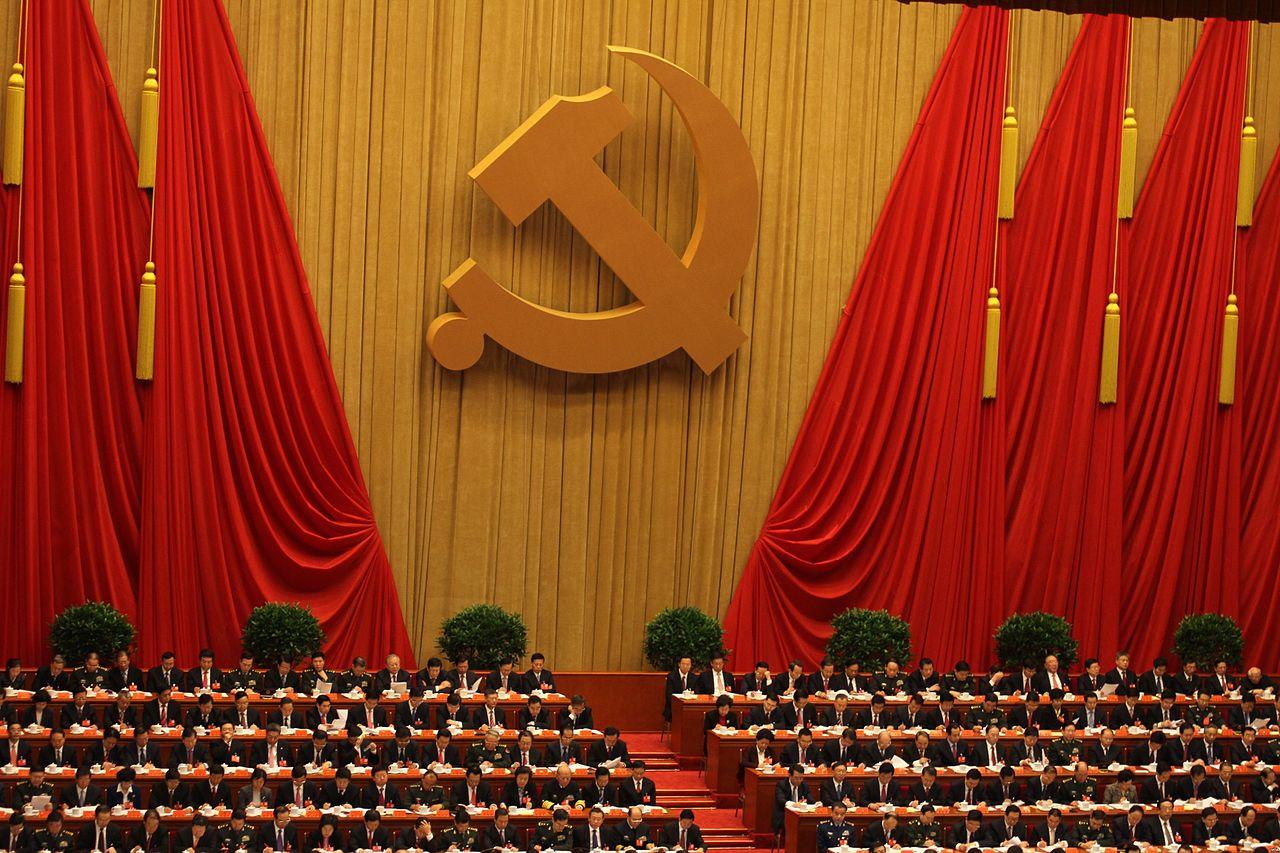Who Knew? Science Confirms Morality Forestalls Temptation To Accept Bribes
A study may aid in Chinese leaders' campaign to 'scrape poison from the bone.'

New research confirms that people who uphold a moral code, e.g. The Decalogue, are less prone to accepting bribes.
This was the stunning conclusion of research published in the journal Social Psychological and Personality Science, which was heralded by a press release stating: 'Guilt-prone people are less likely to accept bribes, particularly when the act would cause obvious harm to other people.' The statement said the study 'contributes to a growing body of literature on individual differences in corrupt behaviors.'
“Our results have important implications for current world events, particularly in the realm of politics and governance where corruption and bribery are major concerns,” says author Prof. Xiaolin Zhou, of East China Normal University. “More specifically, our results highlight the importance of assessing candidates’ guilt proneness in personnel selection, especially when electing a leader for a group,” the professor added.
Researchers conducted two online experiments with 2,082 college students, combining economic games with personality measures. The first study demonstrated that being guilt-prone was negatively associated with accepting bribes, while the second revealed a connection between people’s concerns for others and their willingness to take a bribe. The research also highlights the potential of utilizing computational modeling to study moral decision-making and the underlying psychological mechanisms that shape ethical behavior.
According to Zhou, his study is correlational rather than causal, meaning that researchers cannot definitively conclude that making someone more guilt-prone will reduce the likelihood of engaging in corrupt behavior. He also notes that the research focuses on being guilt-prone as a single personality trait and does not account for other moral-related personality traits that could influence bribery.
“It would be intriguing to investigate alternative psychological mechanisms – such as responsibility, obedience, or conformity - beyond the concern for others’ suffering, that may underlie the relationship between guilt proneness and bribery,” Zhou said.
In the meantime, the researchers would like to see the insights from this study leveraged to deter corrupt behavior.
“We hope that our findings can inform policies and interventions aimed at preventing corruption and promoting ethical behaviors in various domains, such as business and government,” says the lead author Dr. Yang Hu.
Given that China leads the world in surveillance and persecuting its citizens for any behavior deemed inappropriate, it is an open question as to how the findings of the new study might be applied. But the fact that China takes bribery seriously is beyond dispute.
In 2012, General Secretary Xi Jinping kicked off an antibribery campaign that netted over 100 ostensibly corrupt officials. In January 2021, leading banker Lai Xiaomin was put to death for allegedly taking $260 million in bribes, and Zhang Zhongsheng, a deputy mayor of Lvliang in the coal-rich northern province of Shanxi, was condemned to death on bribery charges in 2021.
Xi's anti-corruption campaign is said to "scrape poison from the bone," and has certainly been useful in firming up the Chinese Communist party and showing how serious Xi is about retaining power.